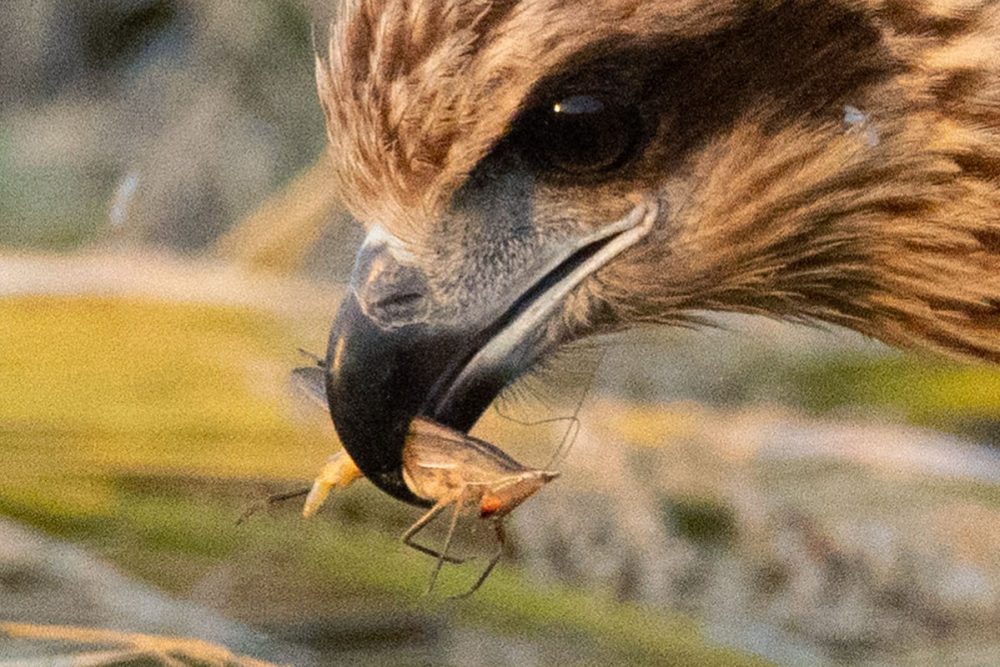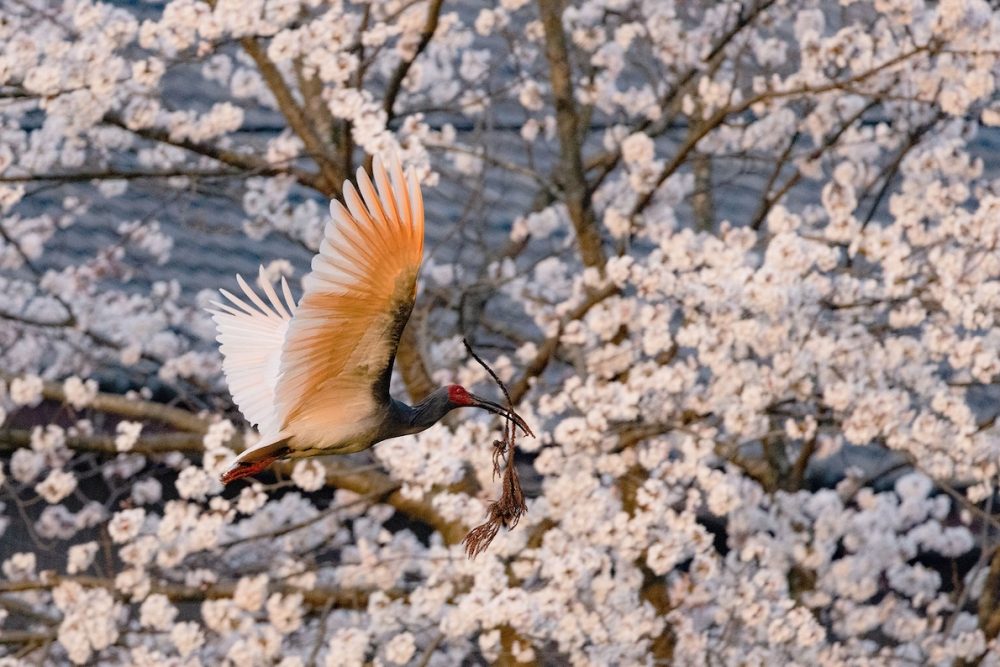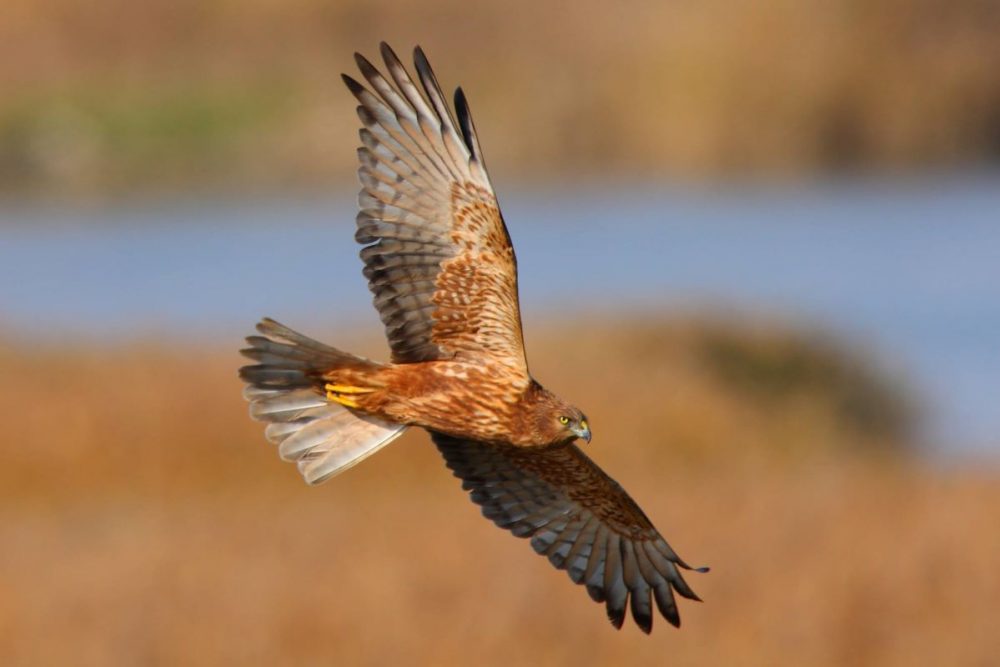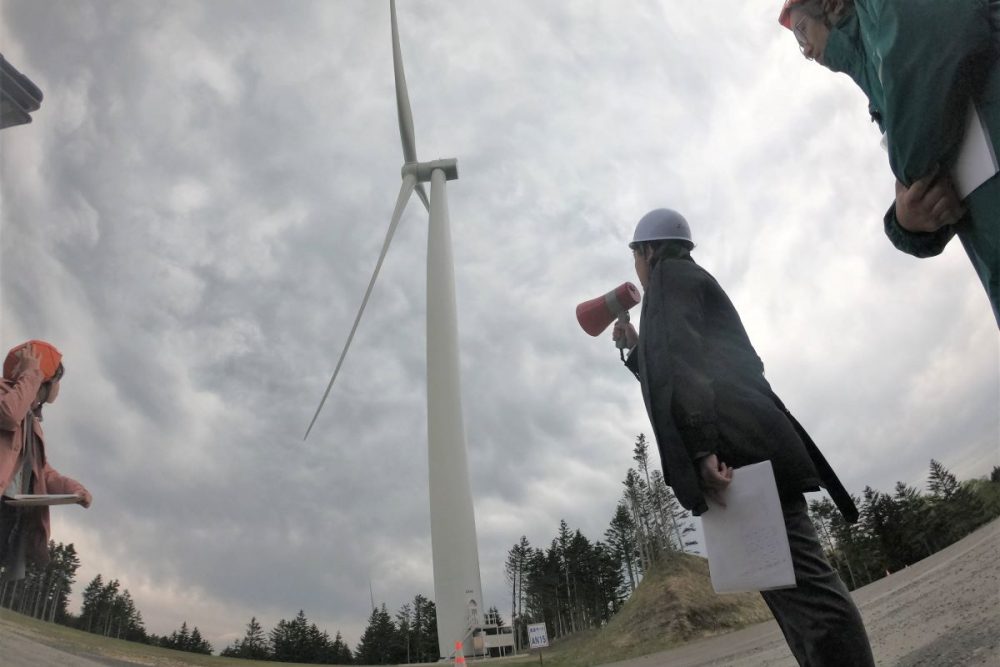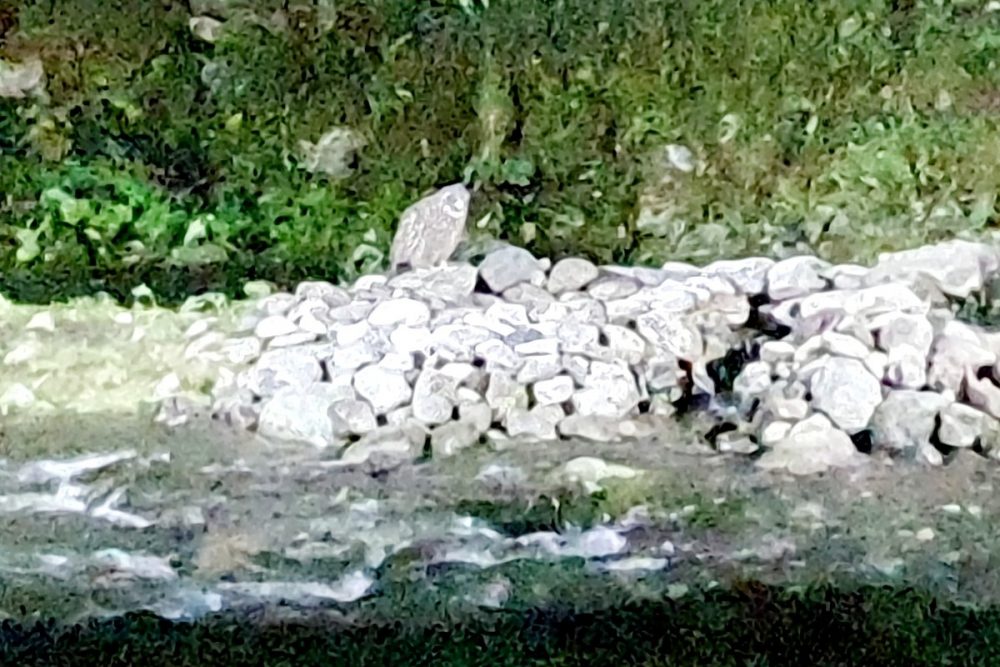Littering in Nara: Plastic Found in Stomachs of Dead Deer
To tackle littering in Nara Park, the prefecture is considering reinstalling trash bins, which were removed to stop deer from rummaging through the waste.
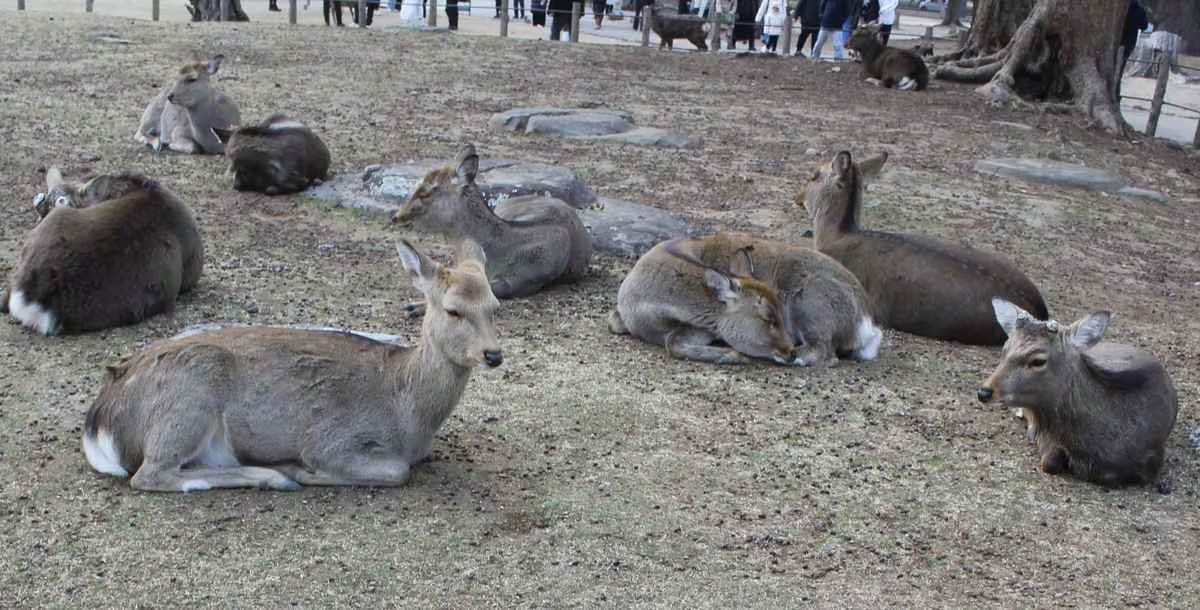
このページを 日本語 で読む
Nara Prefecture has launched a pilot program to evaluate the impact of reintroducing trash bins to curb littering in Nara Park.
The park is home to the "Nara Deer," a Natural Monument of Japan. In the late 1980s, all trash bins were removed to prevent the animals from rummaging through waste. However, in recent years, reports of deer ingesting litter have prompted authorities to reconsider whether bringing back trash bins could help address the issue.
The Nara Deer have long been revered as sacred animals, based on a legend that a deity from Kasuga Taisha Shrine arrived riding a white deer. Today, about 1,300 Nara deer inhabit the park, feeding on grass and tree nuts.
Currently, the park is maintained by both the prefecture and volunteers. However, as tourism has risen, so has the problem of littering. Six years ago, the nonprofit Nara Deer Preservation Foundation examined 14 deer that had died from unknown causes. They discovered plastic waste in the stomachs of nine of the animals.
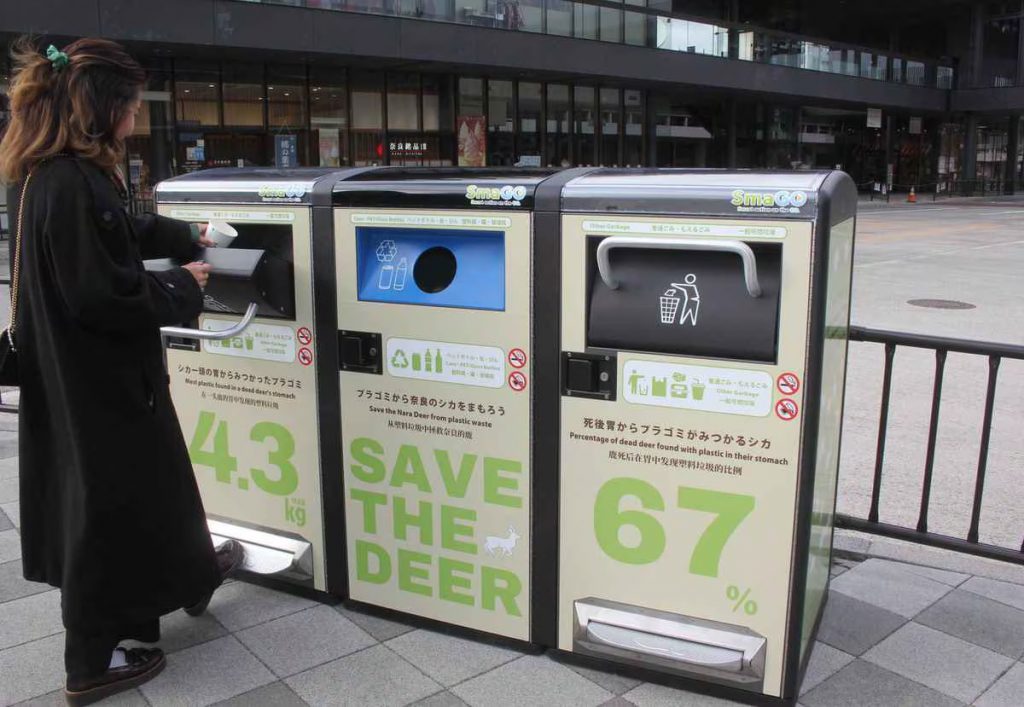
Monitoring the Trash Problem
In response to this issue, the prefecture installed trash bins at two locations inside and outside the park bus terminal in mid-January as part of a trial program. Two types of bins are being tested, including one that automatically compresses waste to prevent overflow.
The trial will run until mid-February. During this period, authorities will closely monitor the amount and types of waste, as well as the frequency and timing of littering.
According to the Nara Park Office, plastic bottles and paper cups have been the most commonly discarded items so far.
The head of the prefectural tourism bureau stated, "Since the COVID-19 pandemic, the number of tourists has increased, and so has the amount of litter. Through this trial, we want to better understand what types of waste are being discarded."
A representative of the volunteer group Nara Deer Support Club, which promotes coexistence with the deer, hopes the initiative will raise awareness of the issue. "I hope this encourages people to realize that deer are eating the trash left behind," she said.
RELATED:
Author: Toshikazu Iwaguchi, The Sankei Shimbun
このページを 日本語 で読む






